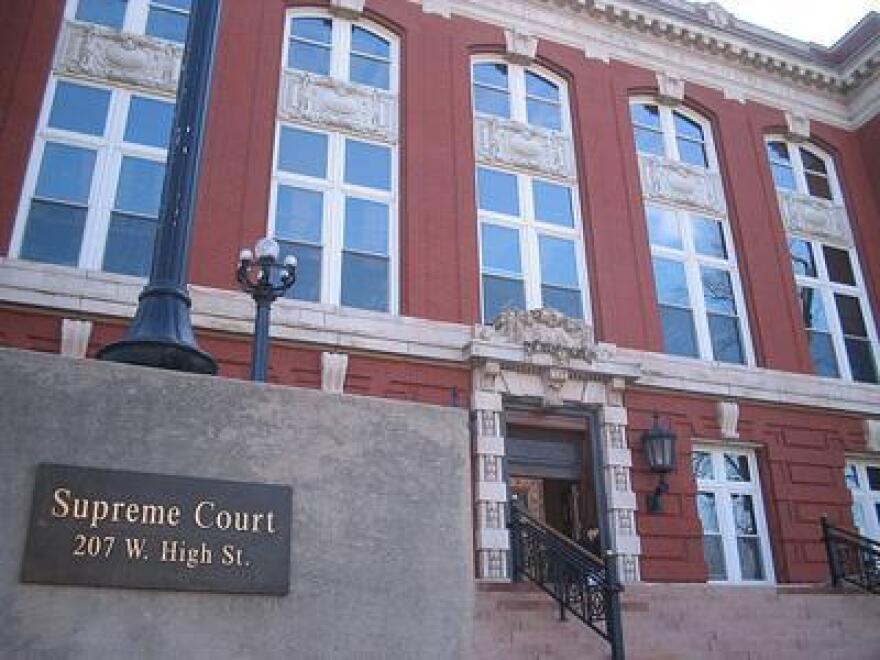A working group created by the Missouri Supreme Court to look at reforms to the municipal court system will study whether some of the courts should be consolidated.
The group released its interim report Tuesday. The two-page document outlines the areas the group plans to study over the next three months, and the material it has already gathered to inform its work.
"Every defendant in every municipal division is entitled to be treated fairly and with respect," the working group said in a statement. "Most municipal divisions perform their duties in a manner that earns the public's trust and confidence. But it is critical that all municipal divisions in the state do so as well."
In addition to consolidation, the nine-member group will also study:
- Conflicts of interest that might arise when one person serves in different roles in multiple jurisdictions.
- A uniform definition of "indigency." This becomes important as more courts explore allowing defendants who cannot pay a fine to do community service.
- The financial incentives that exist when municipalities get a high percentage of their revenue from law enforcement and court activity.
- The selection and supervision of municipal court staff.
- Proper access to court proceedings and access to and maintenance of court records.
- The use of warrants.
- Remedies for people who don't pay their fines and fees, and how those judgments should be enforced.
- Alternatives to monetary sanctions, such as community service or diversion programs.
- Increased public understanding of the court process, and ways to ensure the public has access to proceedings by providing proper time and space.
- The impact municipal reform legislation known as Senate Bill 5 will have on municipal budgets.
The working group will schedule public hearings in Kansas City, Springfield and St. Louis before issuing its final recommendations.
The interim report is the latest in a series of work being done by a variety of entities to reform the municipal court system.
On Tuesday, auditor Nicole Galloway announced that, going forward, her office would review not only the finances and accounting practices of municipal courts, but look at their ticketing and warrant statistics to ensure officials are not engaging in discriminatory practices. It continues an initiative started by her predecessor, Tom Schweich. Ten of those enhanced audits are already under way, and Galloway expects to start four more by the end of the year
Last week, the city of Jennings and three legal advocacy groups reached a proposed settlement over accusations that officials were essentially running a debtors' prison. If Judge Carol Jackson accepts the terms, the city will forgive all fines and fees issued before March 12, 2011, as well as eliminate cash bail and collect unpaid fines and fees through the civil courts.
That same day, a group of municipal court officials calling itself the St. Louis County Municipal Court Improvement Committee announced plans to eventually eliminate the cash bail system. The committee also revealed that most of the 82 courts in the county are participating in at least one prong of the "Fresh Start" initiative, a voluntary effort to give defendants a bit of relief from the consequences of unpaid traffic fines. Many of the courts are recalling old arrest warrants and issuing new court dates. Others have asked the Missouri Department of Revenue to reinstate suspended driver's licenses. Courts have also eliminated the "failure to appear" charge that was often issued when defendants did not come to court, often because they could not pay the fine.
In June, the Ferguson Commission's working group on municipal courts also explicitly recommended consolidation.






